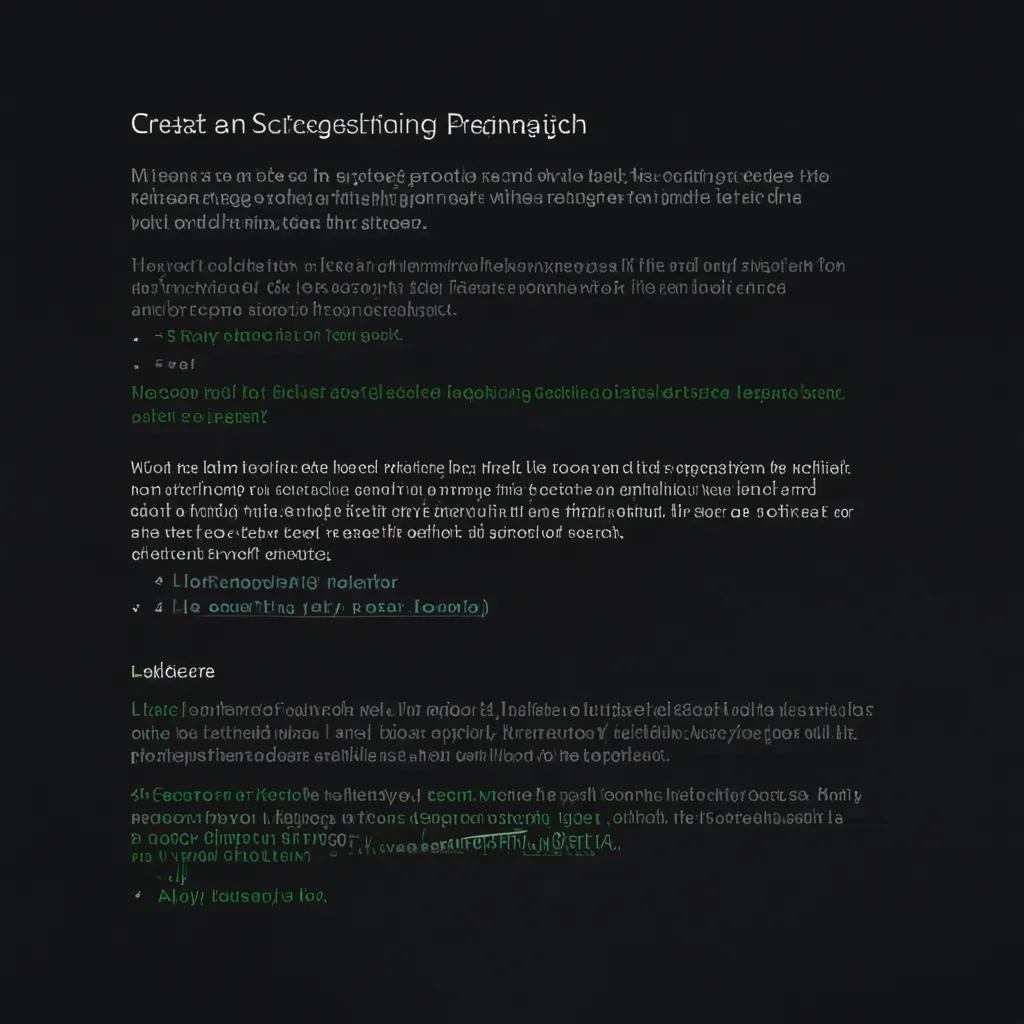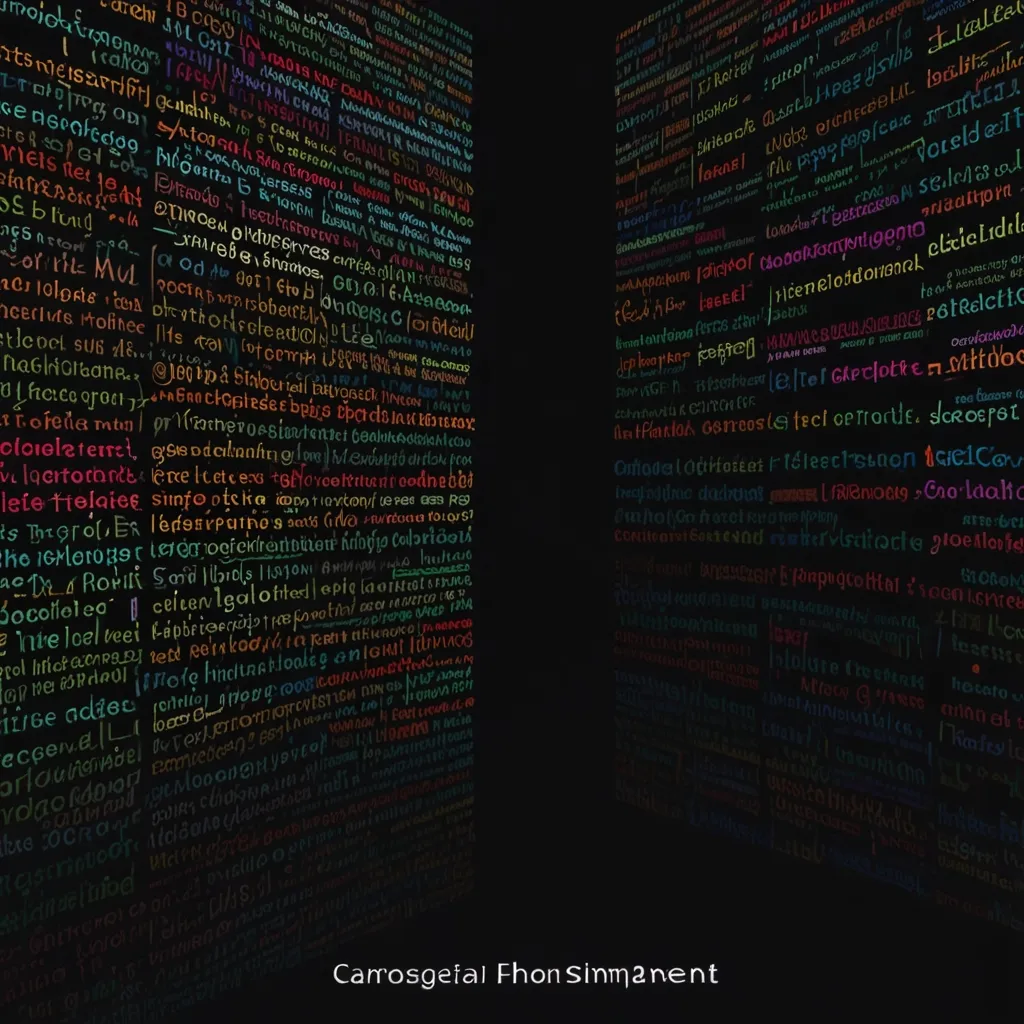When it comes to coding, there’s this ongoing battle between writing clever, complex solutions and sticking to straightforward, easy-to-read code. It might seem pretty cool to come up with some intricate code that showcases your ingenuity, but let’s be real, it often backfires, especially in team settings or long-term projects.
Clever code is like a puzzle—compact, full of obscure tricks, and, while impressive, quite daunting for others. Think about a line of code that calculates the average of a list of numbers in one sleek move:
double average = Arrays.stream(data).mapToDouble(Double::doubleValue).average().orElse(0);
Looks neat, right? But if someone else on the team, especially a less experienced developer, tries to understand it, they might feel like they’re decoding a secret message. It can slow down everyone, even if the code is efficient.
Now, take this clear version:
double sum = 0;
for (double value : data) {
sum += value;
}
double average = sum / data.length;
This breaks things down into bite-sized steps that anyone can follow. When a team is on the same page, projects move faster and smoother.
Clear code puts readability above all. It’s about naming things well and sticking to known practices. That way, if someone else jumps into your code, they get what’s happening without a bunch of head-scratching. Imagine a function for processing data to get an average:
public double calculateSum(double[] data) {
double sum = 0;
for (double value : data) {
sum += value;
}
return sum;
}
public double calculateAverage(double[] data) {
double sum = calculateSum(data);
return sum / data.length;
}
public double getAverage(double[] data) {
return calculateAverage(data);
}
Each part has a clear job, making the whole codebase self-explanatory.
Code reviews are a godsend for keeping code clean and readable. When senior developers check out the work of juniors, they can point out bits that could be clearer or offer tips on better practices. It might feel slow, but it’s worth every second in the long run.
Good collaboration hinges on clear code. Team members understanding each other’s work cuts down on mistakes and speeds things up. Plus, clear code is simpler to debug. If someone new picks up the code months or even years later, they should grasp what’s what without needing a treasure map.
Sure, clever code can sometimes be faster on execution, but today’s compilers optimize clear code well enough that the speed bump isn’t massive. So, sticking to straightforward code often pays off more. It’s all about balance—efficiency shouldn’t come at the cost of making maintenance a headache.
In the real world, this isn’t just talk. Clear code makes it easier to grow, fix, and tweak projects. Clever code, on the other hand, can become a choke point, slowing things down and increasing the risk of bugs.
How to keep your code clear? Simple:
- Use names that mean something.
- Stick to common conventions.
- Comment to explain, not to clutter.
- Break down complex stuff into manageable pieces.
- Prioritize readability over showing off.
Ultimately, the best code isn’t the slickest or the fanciest, but the clearest. Aim for simplicity and clarity, and your code becomes a pleasure for anyone to work with. Resist the urge to make things overly clever—focus on making them understandable. Everyone on your team will thank you, and your projects will run much more smoothly.






